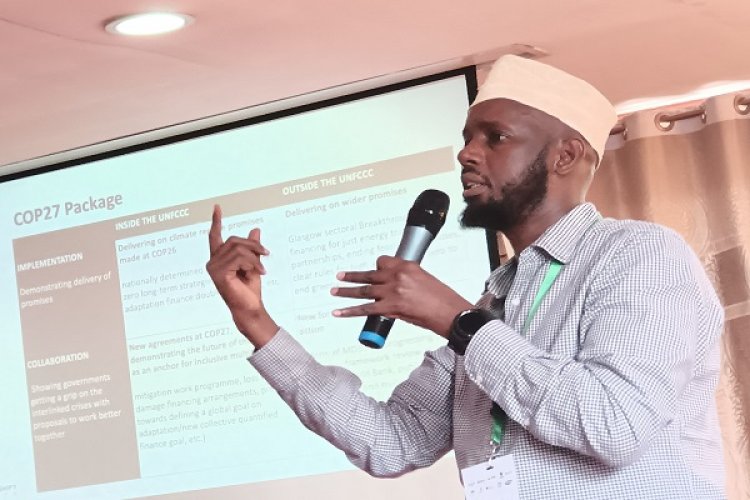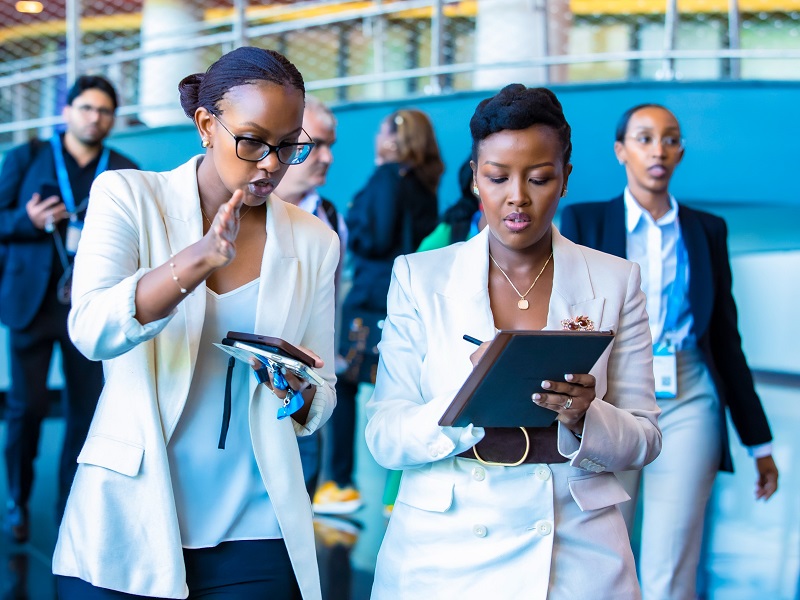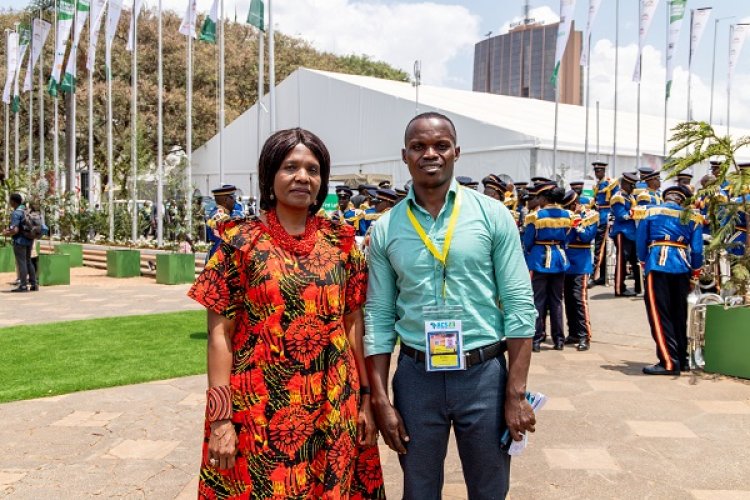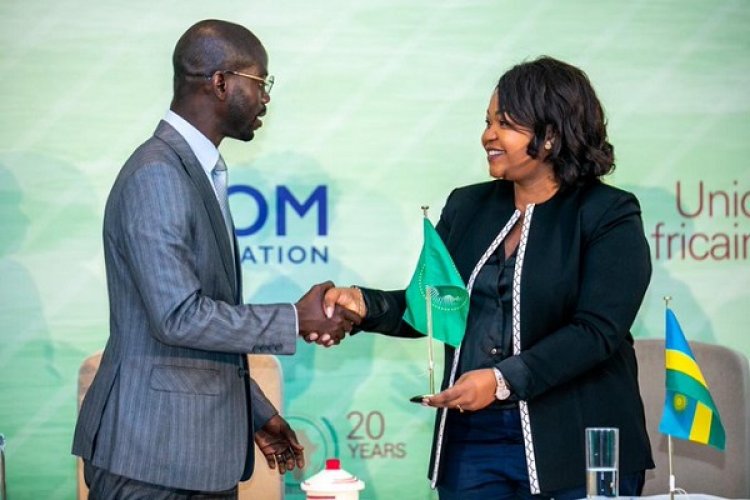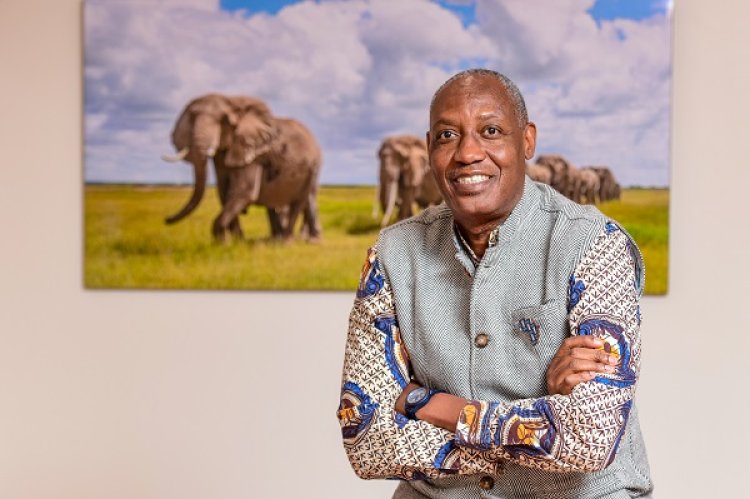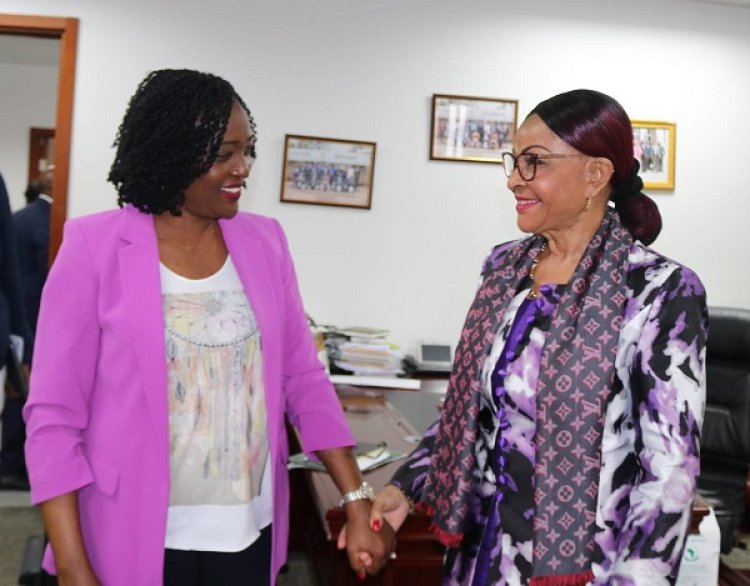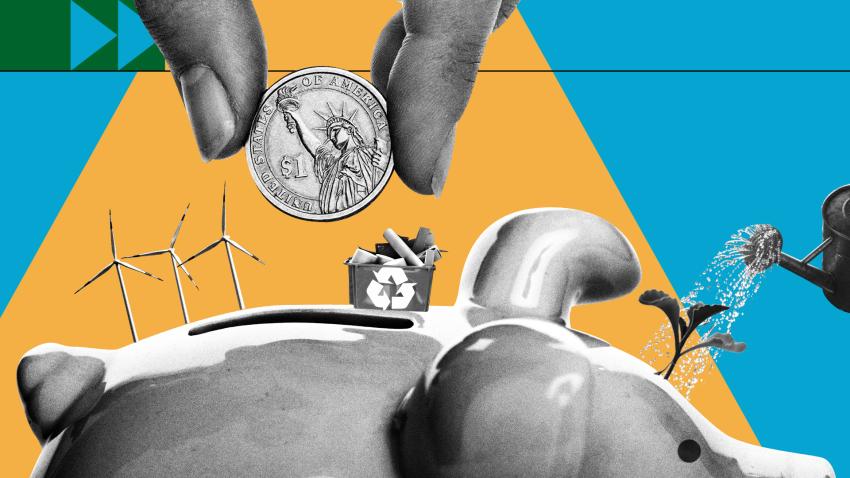Climate advocates in Africa have warned the continent braces for the worst if politicians don’t get together to push the rest of the world to root out longstanding climate injustices and claim reparations for harms inflicted on communities at the upcoming global climate negotiations (COP27) in Egypt.
They say negotiators, the media and other stakeholders in the discourse should start by getting the narrative right – one that addresses actual root causes of the climate crisis increasingly wreaking down people’s lives and ecosystems across Africa.
The continent with 54 nations, which are home to 17 per cent of the global population, only contributed 0.5 per cent of emissions responsible for causing climate change the world is suffering today, according to official data.
Africa accounts for about 4 per cent of the global emissions on annual basis to date.
Narrative shift
Therefore, activists say that discourse at global climate negotiations that fails to clearly point out this and demand historic emitters, who for long polluted the world without facing the cost of doing so, to pay reparations will barely address climate change.
“In the US context they didn’t give reparations for slavery, in rest of the world they didn’t also give reparations for colonialism. Now we have climate reparations joining in that need to be paid. The fact is if we need to check global heat to below 1.5 degrees, we have to address these injustices,” said Mohamed Adow, climate justice advocate at Power Shift Africa, Kenya-based climate and energy think tank.
“There is need to contribute to climate finance on the basis of historical responsibility and on the basis of capability. If we don’t share the efforts between the 200 countries of the world based on a defensible principle like this one, there is no way we are going to solve climate change.”
Mr. Adow was speaking to African journalists at the recently concluded pre-COP27 media conference held in Rwanda’s capital Kigali.
In his view, not addressing the real issues in climate discourse implies those partaking in the dialogues, and the African leaders in particular, are not able to provide a clear compelling argument that mobilise political leadership to act.
Instead, this further fuels the narrative that Africa is part of the climate problems, which is largely perpetuated by the same wealthy minority that responsible for climate effects as they dominate institutions at international dialogue on climate change.
“We are the human face of climate change but our story hasn’t been told. We need to reclaim the discourse in a way that we can actually put the African story forward. We need to challenge the structures and institutions that continue to perpetuate injustices,” added Mr. Adow.
Road to COP27
Ahead of the so called African COP in Egypt’s Sharm el-Sheikh slated for November 6-18, climate activists expect these issues to take center stage in negotiations, and be addressed properly if the continent is not to sink deep into climate crisis.
It has emerged the $100 billion climate finance pledge by rich nations – which remains unfulfilled to date — was political pledge neither based on multilateral negotiations nor the need assessment by developing nations.
In reality, experts say, climate vulnerable African nations need at least $1.3 trillion on annual basis if they are keep its fossil fuel in the ground, address energy poverty while contributing to the global efforts to tackle climate change.
“Africa key ask is what are the new strategy to meet the 100 billion before we adopt the new climate finance goal. And we need to see new climate finance goal reflecting the needs of the vulnerable countries. We don’t need to have a lamp sum figure from nowhere,” said Faustin Munyazikwiye, Rwanda focal point for climate negotiations who double up as Deputy Director General of Rwanda Environment Management Authority (REMA.
Africa key ask is what are the new strategy to meet the 100 billion before we adopt the new climate finance goal. And we need to see new climate finance goal reflecting the needs of the vulnerable countries. We don’t need to have a lamp sum figure from nowhere.
Faustin Munyazikwiye, Rwanda focal point for climate negotiations and Deputy Director General of Rwanda Environment Management Authority (REMA)
Mr. Munyazikwiye said Africa equally seeks to raise concerns with regard to pledges and ease access to finance for adaptation, in addition to mechanism on loss and damage, among other priorities.
Failure to contribute adequately to financing for mitigation, adaptation and the loss and damage action responses implies the world will unlikely check heat to below 1.5 degrees, further plunging vulnerable African countries into crisis.
Environmentalists say parts of the continent could become inhabitable as a result, thereby instigating displacements that leave people and communities hanging by a thread.
In fact, a recent report by Intergovernmental Panel on Climate Change (IPCC) pointed to escalation of droughts, floods, extreme storms or wildfires, among others that threaten food security and livelihoods of millions of people, as well as harming species and ecosystems across resource-poor countries.
Interlinked crises
The toll of climate change on vulnerable countries has been exacerbated by interlinked crises from the Covid-19 pandemic, the Russia-Ukraine crisis and the subsequent geopolitical tensions between global powers.
The impact of the latter has meant the world is now divided in ways that are making global cooperation needed to address climate change hard to take place, and Africa is bearing the brunt.
Also read: ‘African’ COP27: Why expect highly contentious meeting in Egypt
Climate justice activists, just like negotiators for the African continent, say COP27 presents an opportunity to move beyond global geopolitical divide and lift up the vulnerable countries’ priorities and be able to advance them.
They call for new forms of collaboration, new partnerships that allows the whole world to rise to the challenge and concurrently address Africa’s energy crisis, the climate crisis and the development crisis.

